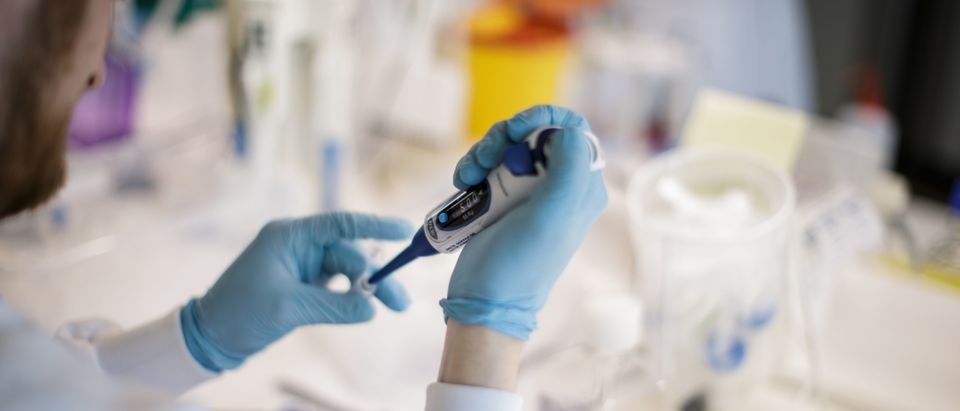A new model projects that herd immunity to coronavirus could be achieved after 43% of a population has become immune to the virus, lower than some previous estimates of around 60-70%, according to the U.S. News & World Report.
Herd immunity is when a large part of a population becomes immune to a disease, by either getting a vaccination or contracting the disease itself, making it difficult for the virus to spread. Herd immunity provides protection to the whole group, not just those who are truly immune.
Stockholm University mathematical statistics professor and the model’s lead researcher Tom Britton said that this model takes in to account young people being more likely to drive the spread and contribute to herd immunity, while the traditional models only focus on vaccinations, according to the Thursday report.
Data indicate the novel coronavirus is capable of spreading easily and sustainably from person to person. Because it is a new virus, there is essentially no immunity against #COVID19 in the population. pic.twitter.com/eBhWSslwUP
— CDC (@CDCgov) March 9, 2020
The other models also assume that everyone has an equal chance of getting immunity by getting vaccinated, which is not the case when you consider community spread as a means for immunity, Britton argued.
Britton clarified that his research was “not an argument to aim for herd immunity.”
The immunity that comes from getting infected is “distributed in a more efficient manner” than immunity that comes from a vaccine, “which in turn implies that fewer are needed to reach herd immunity,” he said according to the report. The immunity from community spread is also stronger than vaccine immunity, he argued.
“Immunity coming from disease exposure is spread more among more socially active people, which makes the effect stronger than the corresponding immunity level when performing vaccination,” Britton added. “The result of the paper just says that herd immunity happens with fewer infected, and also that the effect of immunity when herd immunity is not reached is stronger than initially believed.”
There are costs to natural herd immunity, and it would be “very selfish” for young people to get infected with COVID-19 on purpose, said Dr. Waleed Javaid, director of infection prevention and control at Mount Sinai Downtown in New York City.
Javaid also said that we don’t know how long immunity from coronavirus will last and it’s not clear whether or not the virus will mutate. (RELATED: Hollywood Sheriff To Start Handing Out Fines Up To $5,000 For Not Wearing Masks)
Although he thinks “we’ll probably see a lot more models like this,” we will likely have to wait at least a year to see more conclusive data, Javaid said.


